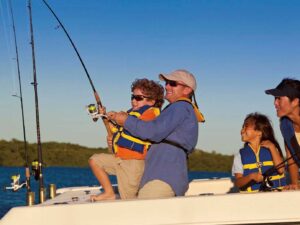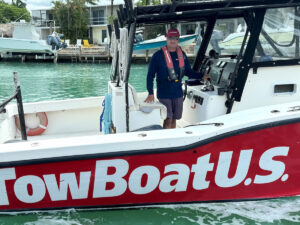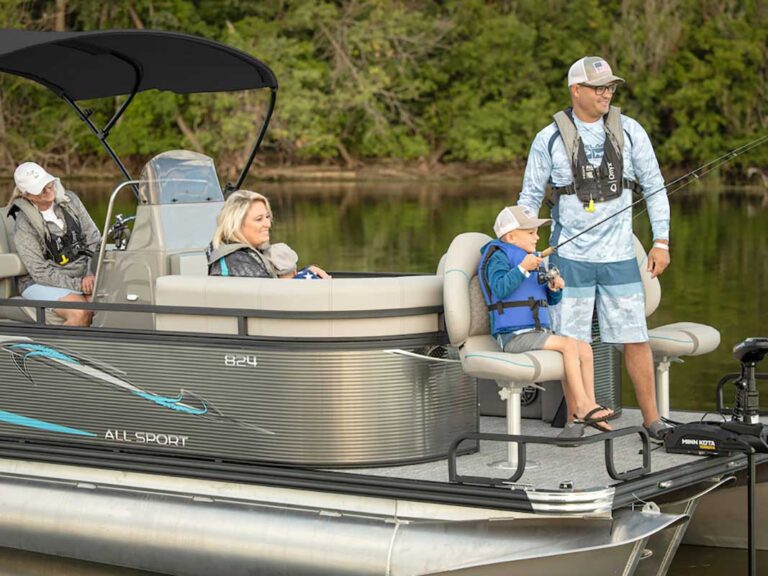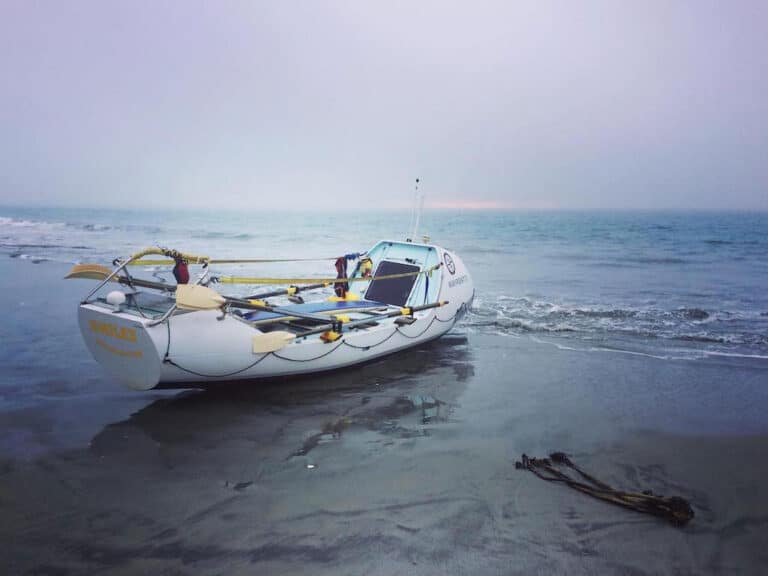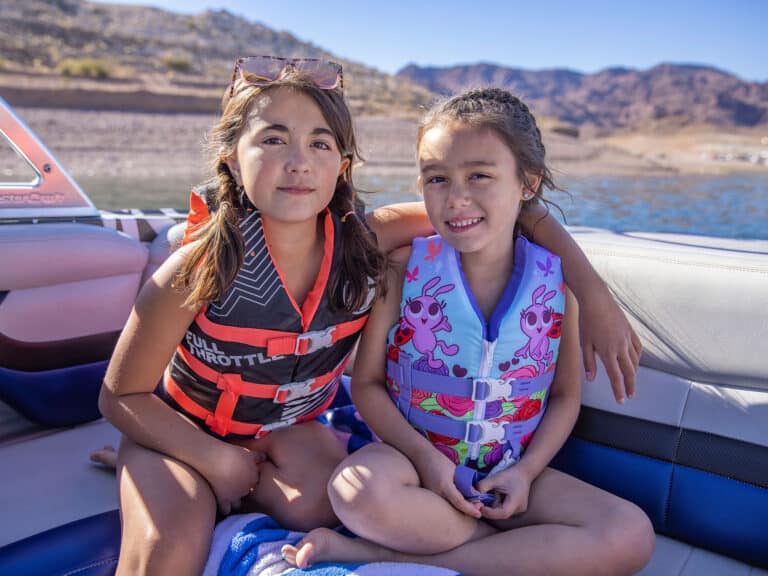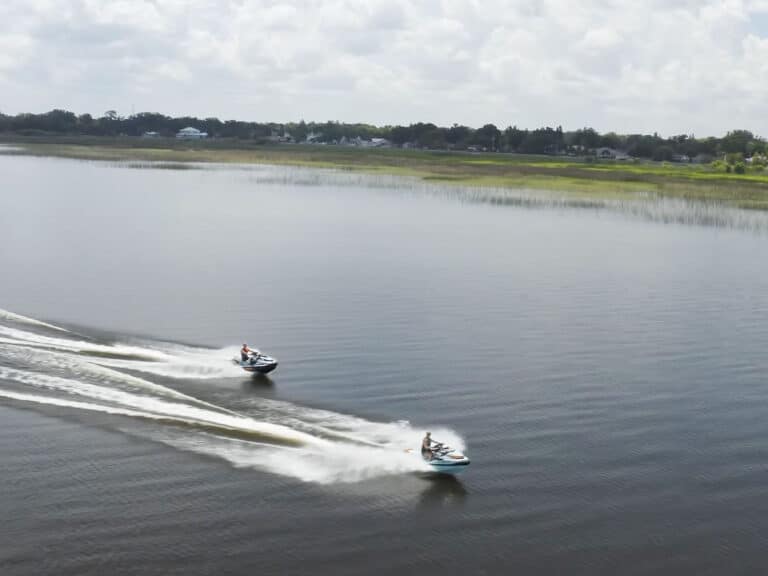
Why should you take the time to prepare a float plan? The answer is simple… there are just too many facts that need to be accurately remembered and ultimately conveyed in an emergency situation. Without a float plan you are counting on someone else, a friend, neighbor, or family member to remember detailed information that rescue personnel need in order to find you. Information that can make a difference in the outcome.
Who should prepare a float plan?
Don’t think for a minute that this is a device only for those with big expensive boats. A Float Plan is equally effective for the owner of a 10 foot kayak or flat-bottom skiff as it is for a 48-foot express cruiser, or a 90 foot sport-fishing vessel or luxury yacht. So, what kind of boaters prepare float plans?
- Kayakers
- Sport fisherman
- Hunters
- Jet Skiers
- Water skiers
- Family day cruisers
- Private charter boat services
- Canoeists
- Rowers
- Rafters
- Sail boaters
- Power boaters
Typically, the Skipper of the vessel is the individual who prepares the Float Plan. However, any member of the crew can be assigned the preparation and filing duty.
The U.S. Coast Guard is asking all boat owners and operators to help reduce fatalities, injuries, property damage, and associated healthcare costs related to recreational boating accidents by taking personal responsibility for their own safety and the safety of their passengers. Essential steps include: wearing a life jacket at all times and requiring passengers to do the same; never boating under the influence (BUI); successfully completing a boating safety course; and getting a Vessel Safety Check (VSC) annually from local U.S. Coast Guard Auxiliary, United States Power Squadrons(r), or your state boating agency’s Vessel Examiners. The U.S. Coast Guard reminds all boaters to “Boat Responsibly!” For more tips on boating safety, visit uscgboating.org.

